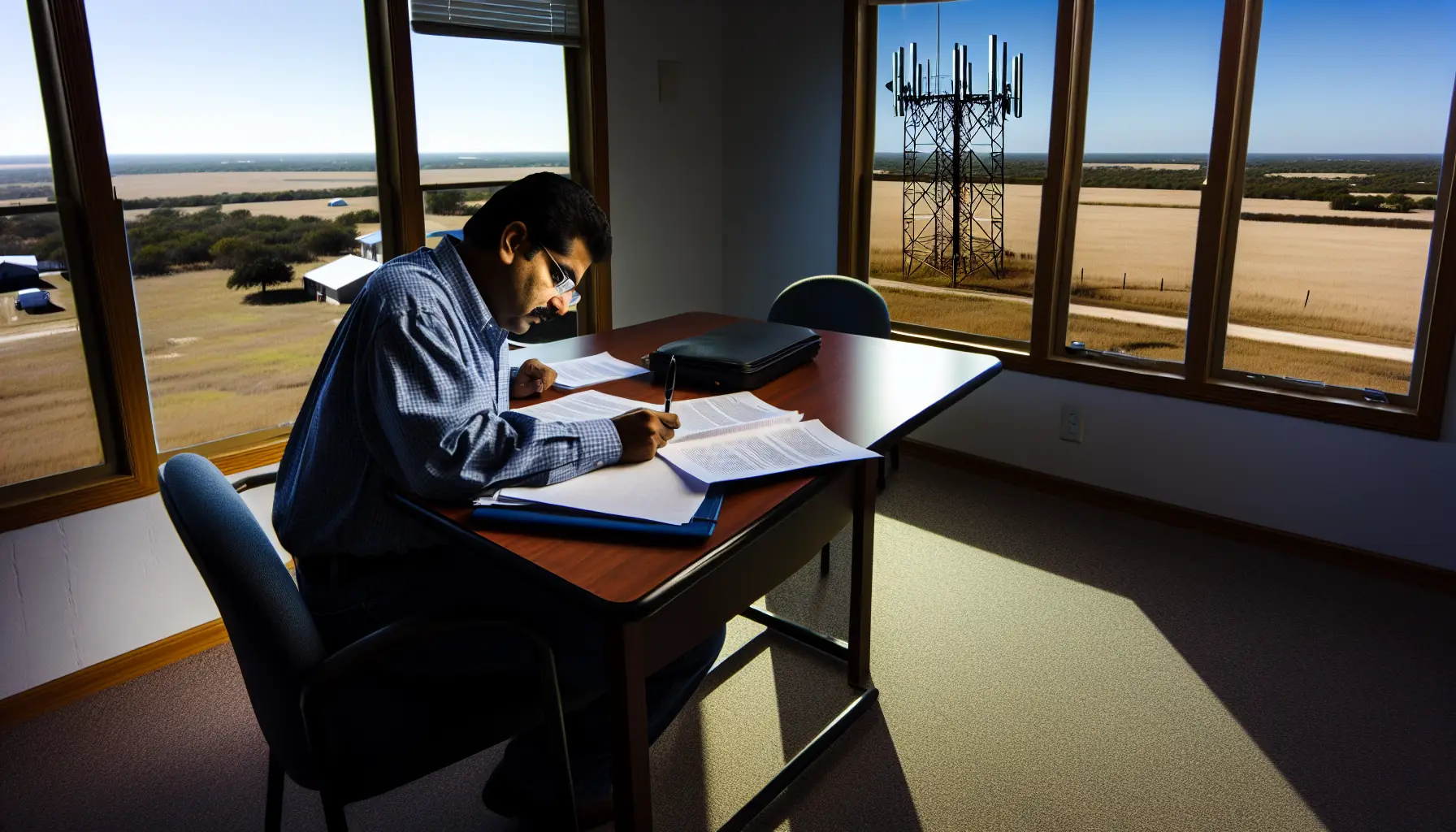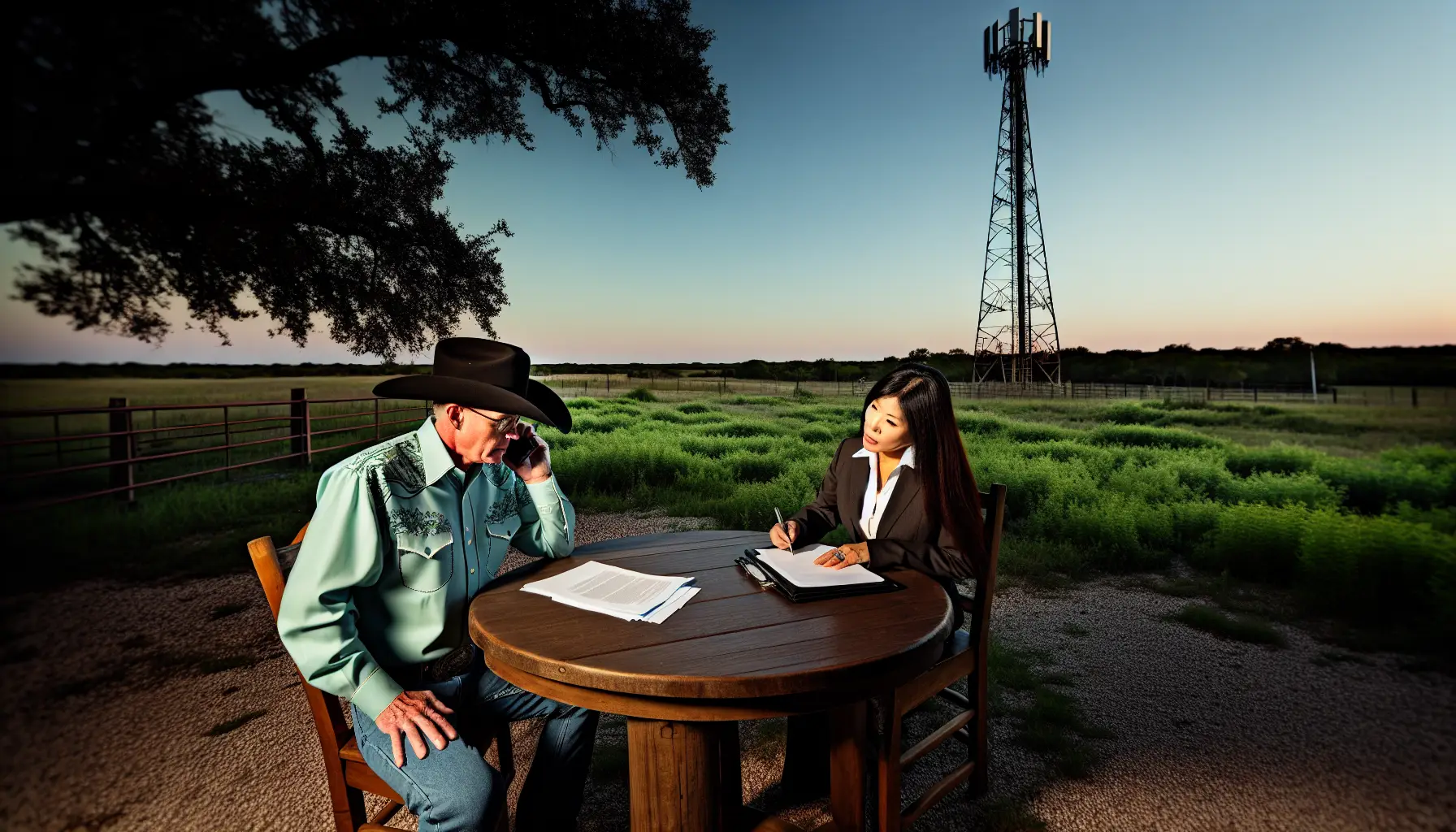Buying land in Texas can be exciting. However, hidden problems like abandoned oil wells in Texas can turn that excitement into stress. These wells can pose serious environmental risks and legal duties. This means buyers and real estate agents must check properties carefully before buying. Understanding how to identify these wells, address potential liabilities, and negotiate appropriately with sellers can save you from unexpected costs and future headaches. Whether you are an investor, broker, or landowner, knowing how to manage abandoned wells is an essential part of protecting your property and investment.
In This Article:
What Are Abandoned Oil Wells and Why Are They a Problem?
Abandoned oil wells are essentially non-operational oil-drilling sites left unattended by previous operators. As time passes, these overlooked wells might not have been properly sealed. This can lead to leaks of oil, gas, or other harmful substances. While they may seem harmless, abandoned wells are far from benign. They pose significant environmental and financial risks to property owners, which must be addressed promptly and effectively.
Environmental Risks of Abandoned Oil Wells
Unsealed or poorly managed wells can leak toxic substances, contaminating soil and groundwater systems. This contamination might affect nearby agriculture, wildlife, and even residential water supplies. In severe cases, the clean-up process required to restore the land to a safe state can be both time-consuming and expensive. Knowing these risks reinforces the need for identifying abandoned wells on Houston land or anywhere else in Texas before completing a real estate transaction.
Legal Implications for Buyers
In Texas, current property owners are often held responsible for the state of any abandoned oil wells on their land. This liability could include sealing the wells, cleaning up contaminated soil, or even complying with lawsuits if negligence is determined. Understanding the legal landscape is critical, as failing to meet state regulations could lead to hefty fines. Consulting with a Houston oil and gas law firm or a Texas mineral rights attorney could help clarify these responsibilities.
How to Identify Abandoned Oil Wells on Land
Finding abandoned oil wells on your property is not always straightforward. Here are several methods to ensure that you appropriately assess the land during the due diligence phase of your purchase:
Preliminary Land Assessments
When touring a property, look for physical clues such as old pipes protruding from the ground, discolored land, or areas with sparse vegetation. However, visual inspections alone are rarely sufficient. Conducting a detailed site survey can help uncover hidden issues that surface-level assessments might miss.
Leveraging Public Resources
The state of Texas offers several resources for locating abandoned wells. Databases maintained by agencies such as the Railroad Commission of Texas can help you identify wells in a specific area. These tools are often free. They help you find hidden risks in the land you are thinking about.
Engaging Professional Inspections
To ensure thoroughness, hiring an environmental inspector or geologist can prove invaluable. These professionals use specialized equipment and expertise to detect hazards, even in properties that look problem-free at first glance. Their reports can provide clarity, enabling you to make a well-informed buying decision.
Who Cleans Up Abandoned Oil Wells?
If a property contains abandoned oil wells, cleanup responsibility typically falls on the landowner unless the original operator assumes liability. Understanding how to handle these obligations is crucial for avoiding additional legal or financial complications.
Determining Cleanup Responsibilities
Cleaning up abandoned wells may involve sealing the well, removing hazardous materials, or restoring contaminated soil. State laws vary, so having a clear grasp of your specific obligations is essential. In some cases, previous landowners or oil companies may still be liable, but tracing that accountability can be a complex process requiring legal expertise.
Reporting and Addressing Issues
If you discover a well on your property, it is important to report it immediately to your state’s oil and gas commission. They guide landowners on the appropriate steps for remediation and often maintain a list of certified professionals approved for well cleanup services in Texas. Hiring professionals ensures compliance and reduces risks.
Negotiating the Sale of Land with Abandoned Wells
When purchasing property, especially in regions like Houston where oil and gas drilling has been prevalent, negotiating terms to address abandoned wells is critical. This section highlights steps you can take to protect yourself before finalizing a deal.
Strategies for Negotiating with Sellers
Buyers can request that sellers clean up abandoned wells prior to the property changing hands. Alternatively, you may negotiate a reduced sale price to account for cleanup costs. Knowing your financial exposure allows you to set clear boundaries during discussions with the seller or their real estate representative.
Ensuring Effective Purchase Agreements
Make sure real estate agreements clearly state who is liable for well cleanup. Working with a real estate lawyer to draft precise clauses can prevent unexpected costs. Whether you need help with abandoned wells or want broader Texas real estate agreements legal help, having airtight documents ensures you are safeguarded.
The Role of Legal Experts
Experienced Houston attorneys specializing in oil law and mineral rights can provide invaluable counsel during this process. Their insights ensure that your contracts appropriately reflect your expectations, reducing exposure to unforeseen liabilities after the deal closes.
Resources for Landowners and Investors
Successfully addressing the risks related to abandoned oil wells requires leveraging available tools and networks. Here are some helpful resources to guide you:
- State Databases: The Railroad Commission of Texas offers online tools to identify well locations.
- Government Agencies: The Environmental Protection Agency offers guidance on environmental hazards like abandoned wells.
- Professional Networks: Groups such as the National Association of Realtors can connect you with inspectors and consultants.
Conclusion
While the prospect of dealing with abandoned oil wells may seem daunting, understanding these risks and taking proactive steps can protect your investment and preserve the integrity of your land. From conducting initial inspections to negotiating cleanup terms and leveraging key resources, addressing these challenges early fosters smoother property transactions. If you need assistance navigating the legal complexities of abandoned wells, consider consulting the experienced team at Daughtrey Law Firm for comprehensive guidance and peace of mind.











